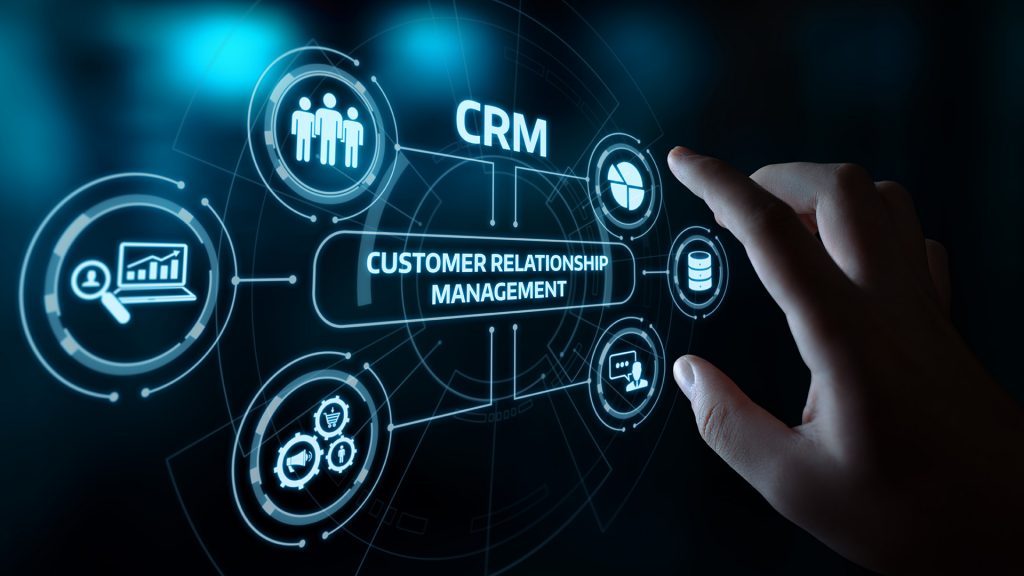A CRM system is a software application that helps you manage your interactions with potential customers. It allows you to keep track of important information, such as contact details, purchase history, and communication history, all in one central location.
One of the most significant benefits of using a CRM system is that it helps you better understand your customers. You can gain insights into their preferences, behaviors, and needs by tracking their interactions with your business. This information can be used to create more personalized marketing campaigns and to develop products and services that better meet their needs.
Another key advantage of using a CRM system is that it helps you streamline your business processes. Automating tasks such as data entry and follow-up emails can save time for more high-value sales and customer service activities. This can lead to increased productivity and profitability for your business.
In addition, a CRM system can help you improve your customer service. You can provide more personalized and effective support by having a complete view of each customer’s history with your business. This can lead to increased customer satisfaction and loyalty, which in turn can help drive sales and revenue growth.
Overall, a CRM system is a powerful tool for any business looking to improve its customer relationships and grow its bottom line. Whether you’re a small business owner or a large enterprise, investing in a CRM system can be a wise decision that pays dividends for years to come.
A CRM system can also help you track and measure the success of your marketing campaigns. By keeping track of customer interactions and purchase behavior, you can determine which campaigns are most effective at driving sales and which may need to be revised or discontinued. This can help you optimize your marketing efforts and get the most value for your marketing dollars.
In addition, a CRM system can help you manage your sales pipeline more effectively. By tracking leads and opportunities, you can prioritize your sales activities and focus on the opportunities that are most likely to result in a sale. This can help you close deals more quickly and efficiently, leading to increased revenue for your business.
Finally, a CRM system can help you improve collaboration and communication within your organization. All team members can access the same information and work together more effectively by providing a central repository of customer data and communication history. This can lead to improved teamwork, more effective problem-solving, and ultimately, better outcomes for your business.
In summary, a CRM system is a powerful tool that can help you better understand your customers, streamline your business processes, improve customer service, prioritize your marketing and sales activities, measure the success of your marketing campaigns, and improve collaboration and communication within your organization. With these benefits, it’s clear that a CRM system is a must-have for any business looking to improve its customer relationships and grow its bottom line.
When choosing a CRM system, it’s important to consider your specific business needs and goals. Many different CRM systems are available, each with its features, pricing, and benefits. Some factors to consider when evaluating CRM systems include ease of use, integration with other systems, customization options, reporting capabilities, and customer support.
It’s also important to consider the costs of implementing a CRM system. While the benefits of a CRM system can be significant, there may be upfront costs associated with purchasing and implementing the software, as well as ongoing costs such as subscription fees and maintenance costs. However, the ROI of a CRM system can be significant, making it a worthwhile investment for many businesses.
In conclusion, a CRM system is a powerful tool to help you better understand and engage with your customers, streamline your business processes, and improve collaboration and communication within your organization. Whether you’re a small business owner or a large enterprise, investing in a CRM system can help you achieve your business goals and grow your bottom line.

